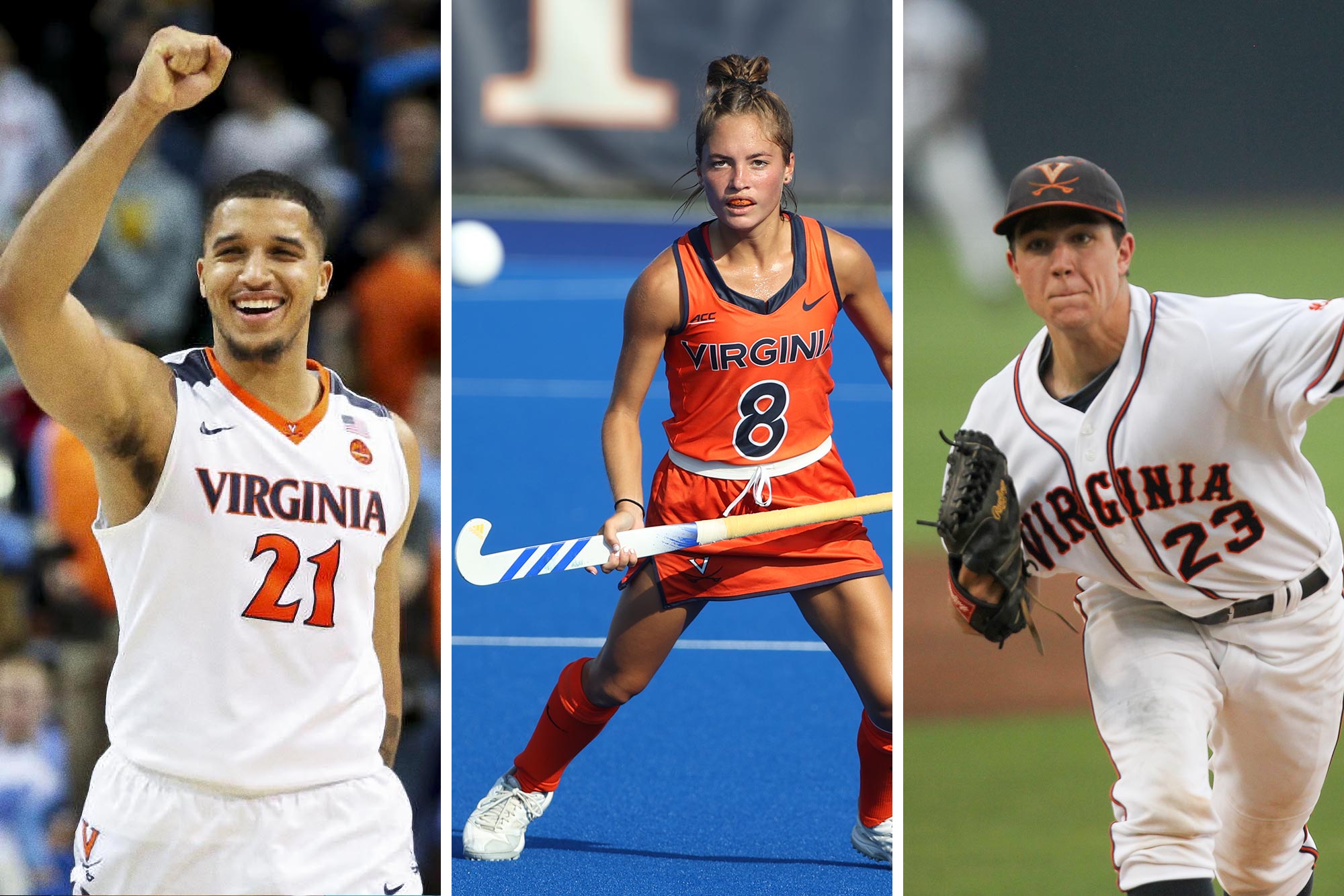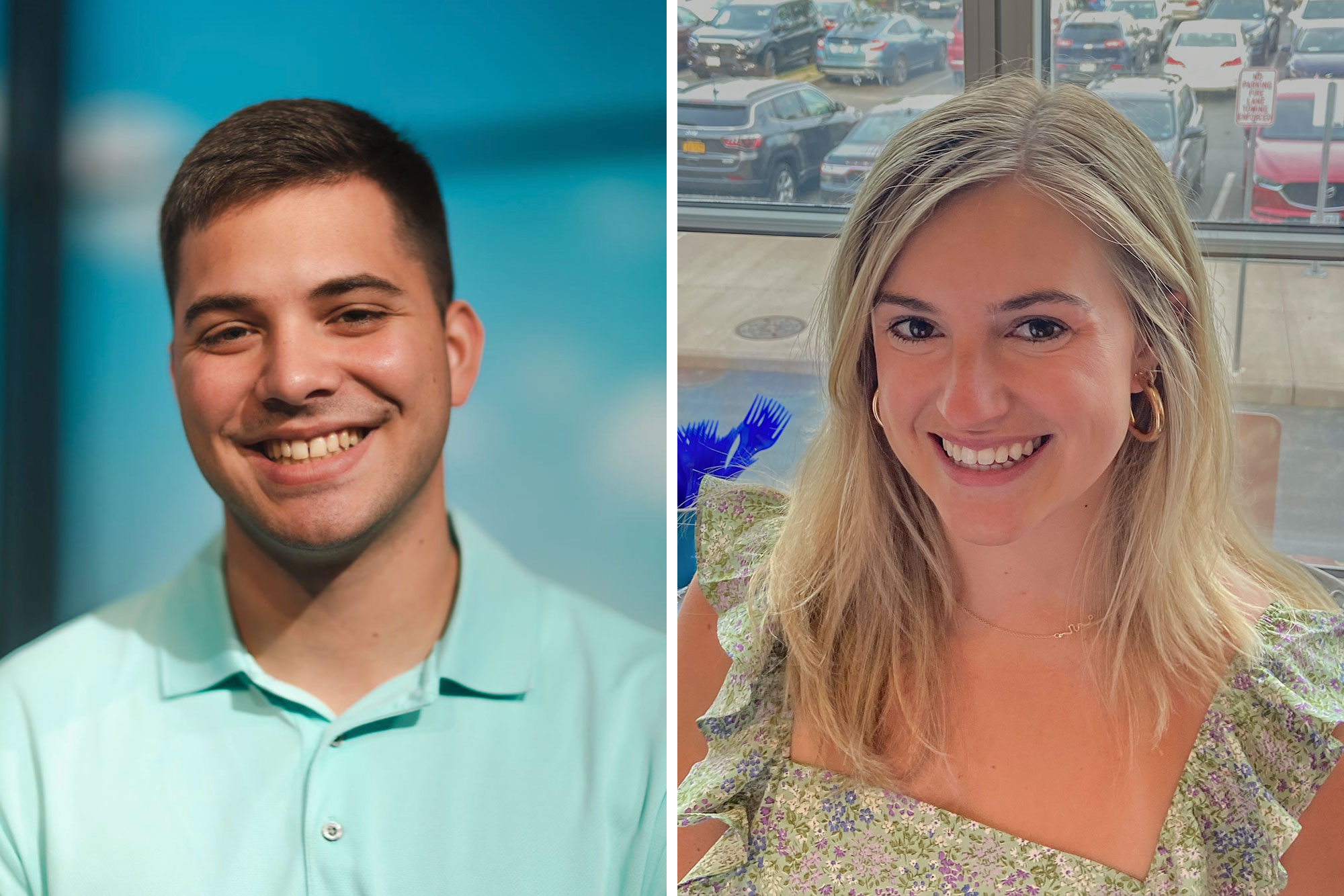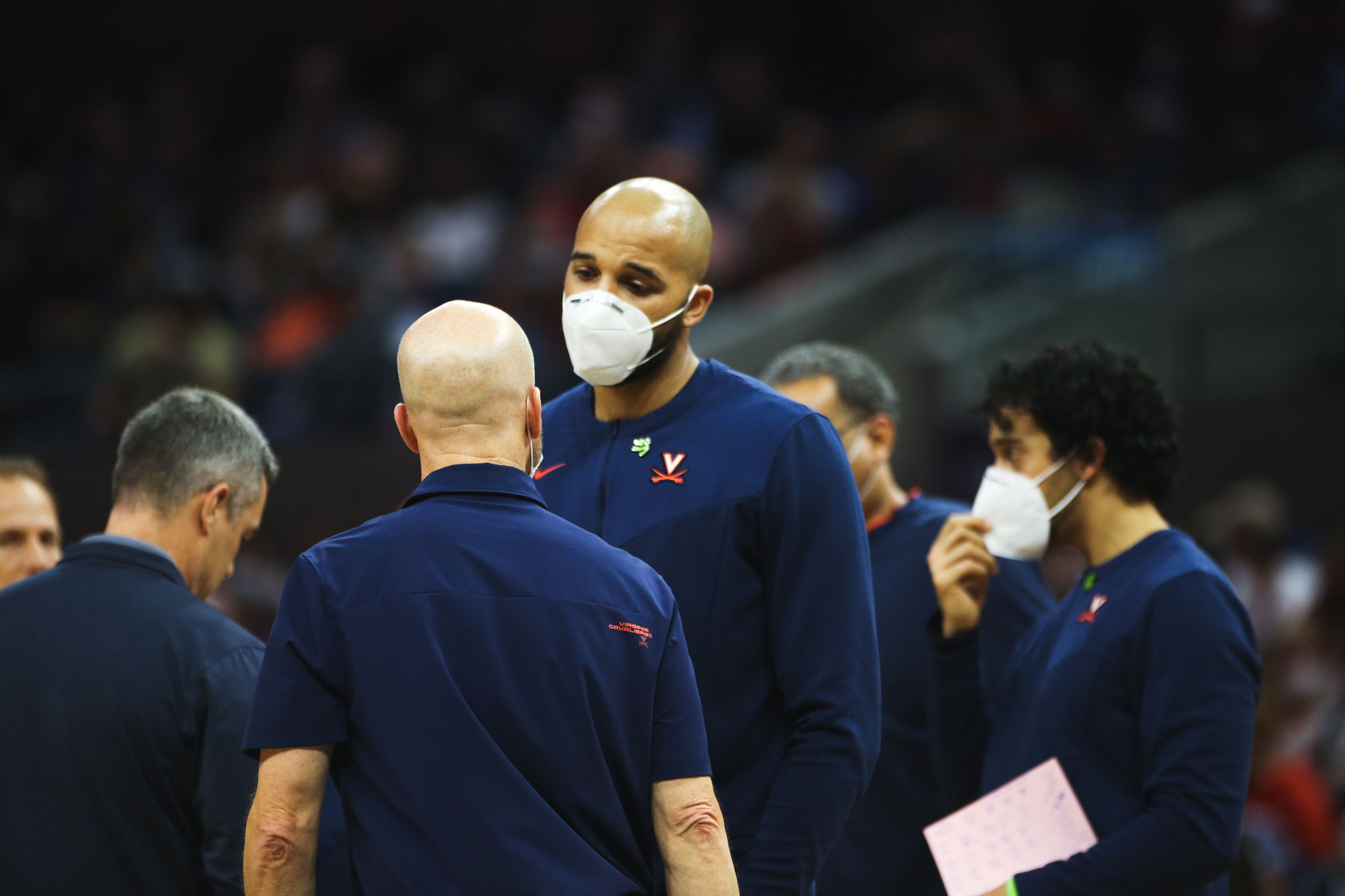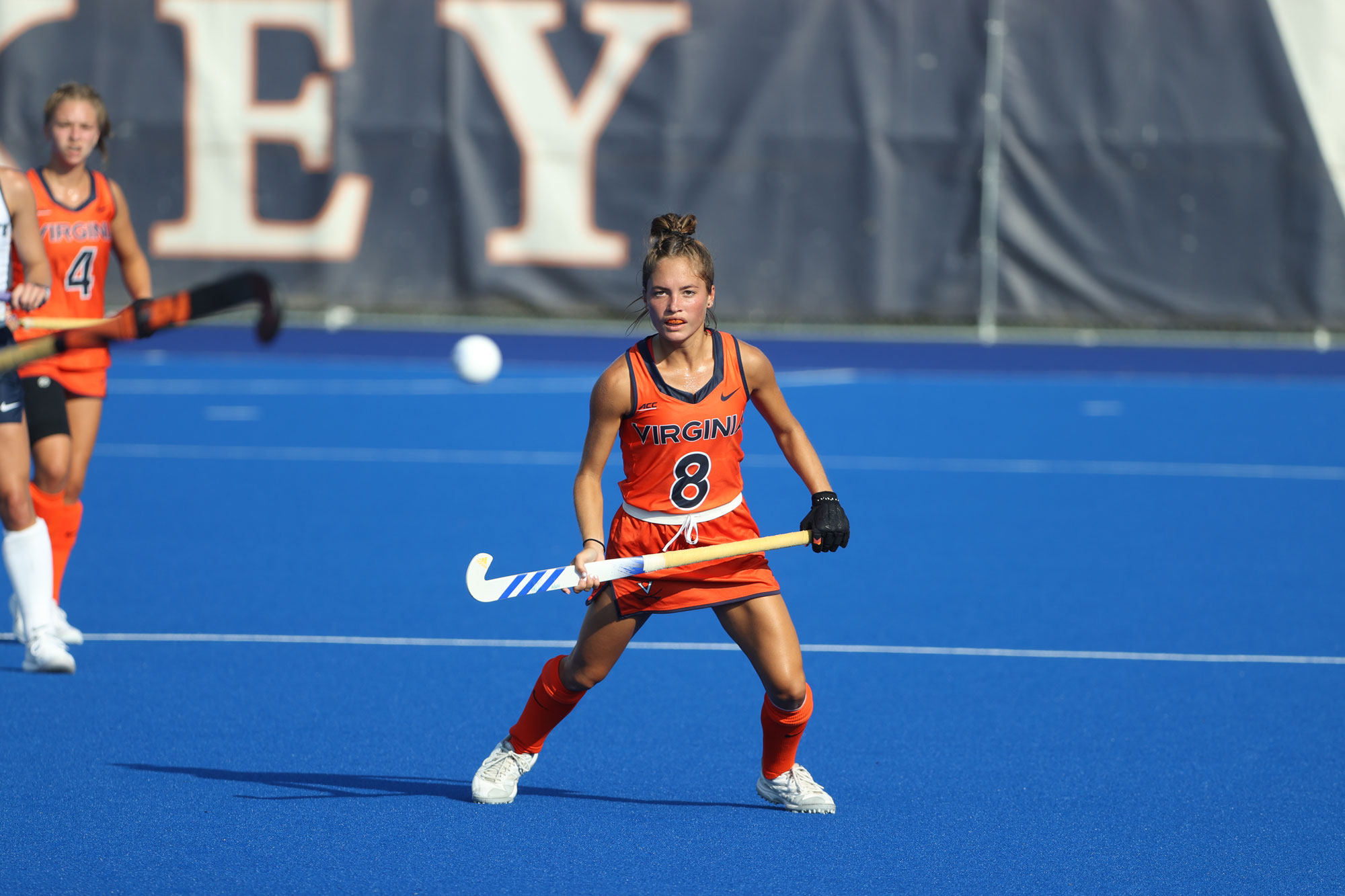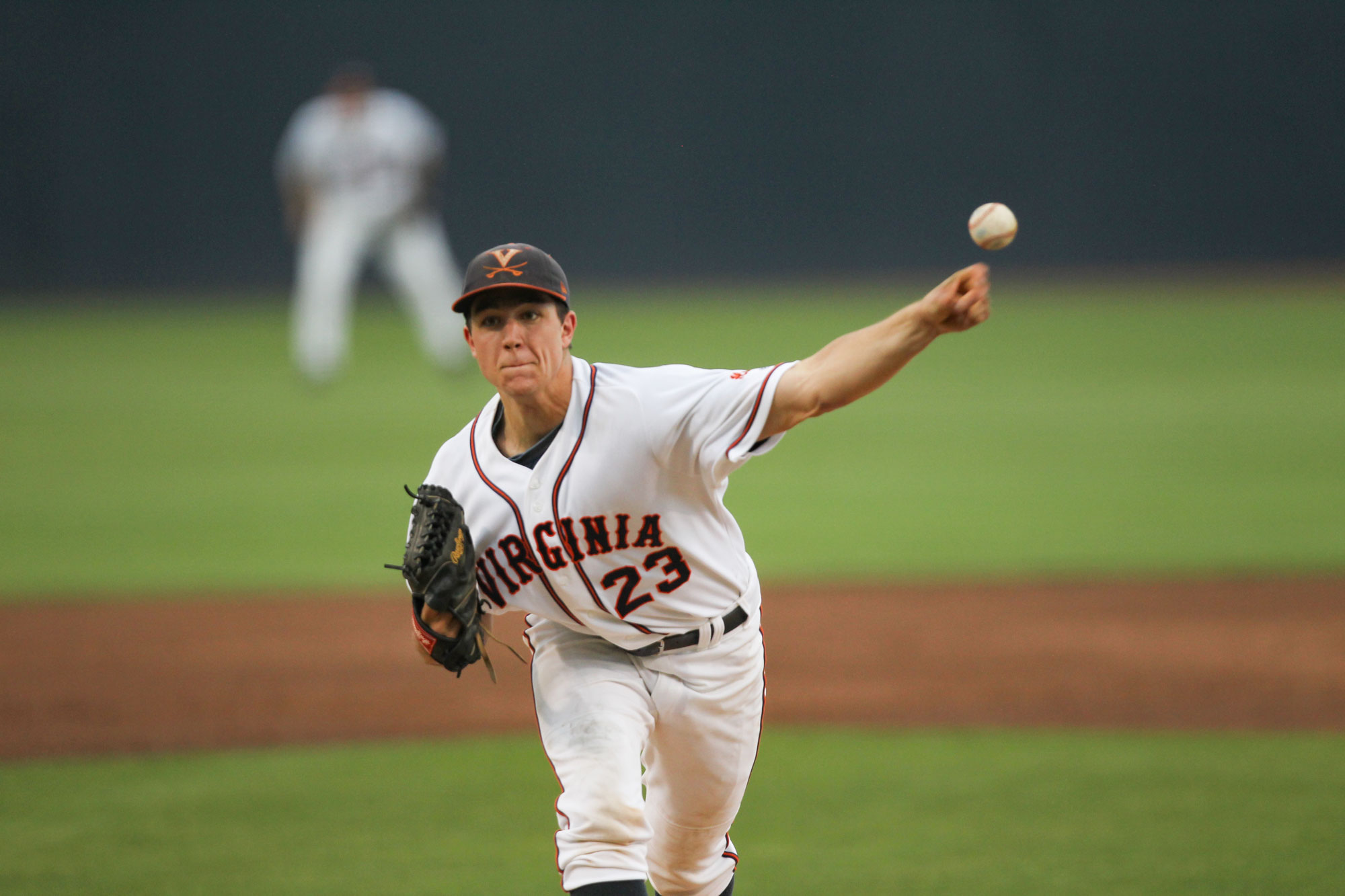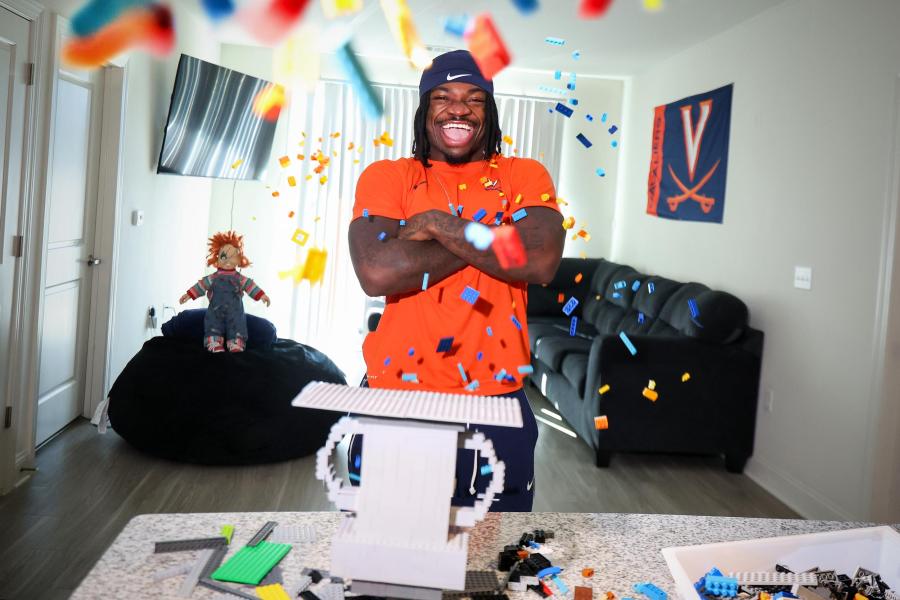Dylan Castagne and Lauryn Nilson didn’t need reinforcement.
After spending months researching and traveling, interviewing, shooting and producing a documentary on athletes and their mental health battles, the University of Virginia students were well aware of the gravity of the subject.
But then, as they applied final edits to their project, Castagne and Nilson saw news on April 28 that hammered home their work. At James Madison University, just over 50 miles away, the death of softball player Lauren Bernett was ruled a suicide.
“It was obviously so sad and just devastating,” Castagne said. “It made us realize how important it was to tell this story.”
“The Hidden Battle” is a 28-minute film on mental health and sports, as told by athletes such as former UVA basketball player Isaiah Wilkins, baseball player Danny Hultzen and field hockey player Greer Gill. This trio – plus former professional football player Darrell Campbell and Paralympian Jenny Sichel – revealed to Castagne and Nilson the athletes’ unique bouts with anxiety and depression, and the challenging roads to recovery.
